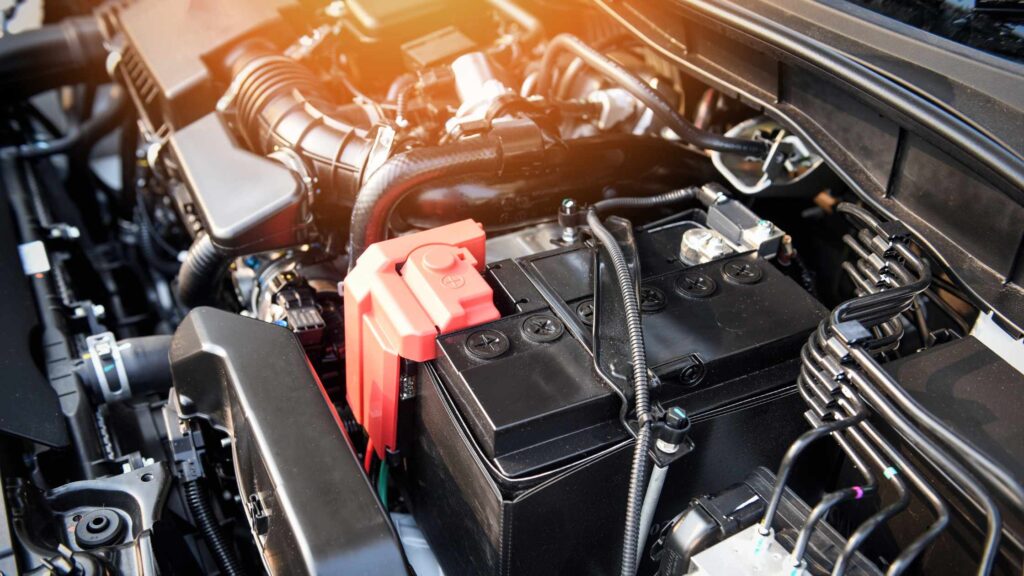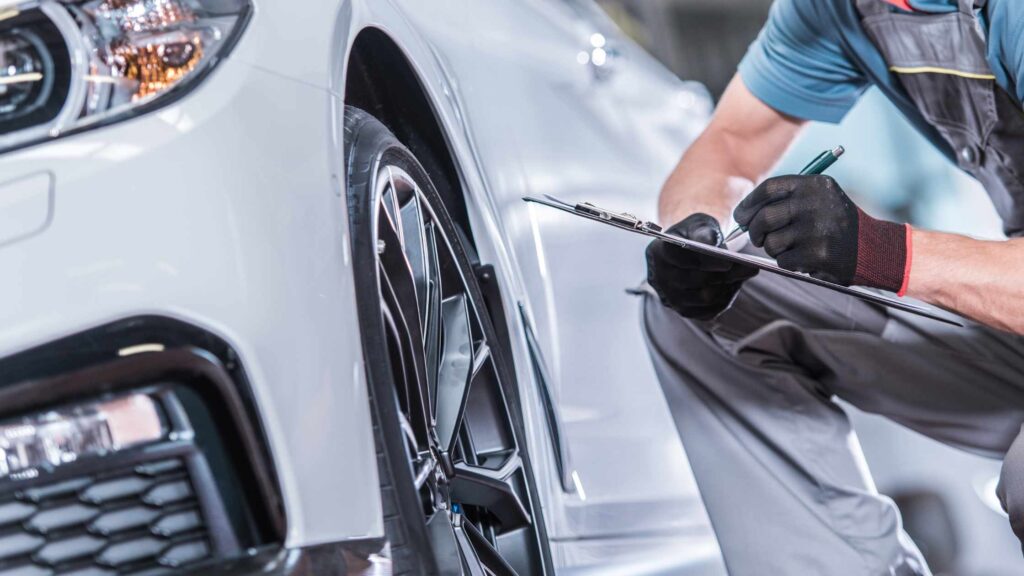Introduction
Car electrical issues can be frustrating and often leave you feeling helpless. From a dead battery to malfunctioning lights, these problems can significantly impact your daily commute or road trip. It’s important to understand the common causes of these electrical issues and determine whether you should tackle them yourself or seek professional help. In this article, we will discuss the various troubleshooting steps you can take to diagnose and possibly fix car electrical issues.
Understanding the Basics
Before we dive into troubleshooting, it’s essential to have a basic understanding of the car’s electrical system. Your car’s electrical system comprises the battery, alternator, starter, and various wires and connectors. Electrical issues can arise due to problems with any of these components.
Common Car Electrical Issues
Dead Battery
One of the most common car electrical issues is a dead battery. If your car fails to start or the lights appear dim, it could be due to a discharged battery. The battery can drain due to long periods of inactivity, extreme weather conditions, or even a faulty charging system.
DIY Approach
If you suspect a dead battery, you can try jump-starting it using jumper cables and another vehicle. Make sure to follow the proper safety precautions and check your car’s manual for specific instructions. If the jump-start is successful, you should drive around for at least 30 minutes to allow the battery to recharge.
Professional Help
If the jump-start doesn’t work or you frequently encounter dead battery issues, it’s best to consult a professional. They can test the battery, charging system, and diagnose any underlying issues.
Malfunctioning Lights
Another common electrical issue is malfunctioning lights. Whether it’s headlights, taillights, or interior lights, flickering or completely non-functional lights can be hazardous and should be addressed promptly.
DIY Approach
Start by checking the bulbs and fuses related to the malfunctioning lights. Replace any blown bulbs and check the corresponding fuses for any signs of damage. It’s also important to ensure the connections are secure and free of corrosion.
Professional Help
If the issue persists even after replacing bulbs and fuses, it’s recommended to seek professional assistance. They can inspect the wiring, switches, and control modules to pinpoint the exact cause of the problem.
Electrical Accessories Not Working
Sometimes, certain electrical accessories like power windows, locks, or radios may stop functioning properly. This can be due to various reasons, including faulty switches, damaged wiring, or issues with control modules.
DIY Approach
Start by checking the fuses related to the non-functional accessories and replace any blown ones. It’s also worth checking the switches and wiring for any visible damage or loose connections.
Professional Help
If the issue persists despite replacing fuses and checking connections, it’s best to consult a professional. They have the necessary tools and expertise to diagnose complex wiring issues and repair or replace faulty components.
When to Seek Professional Help
While DIY troubleshooting can work for certain electrical issues, there are instances where it’s best to leave it to the professionals. Here are some situations when seeking professional help is recommended:
- Complex Wiring Issues: If the electrical problem involves intricate wiring or control modules, it’s best to consult a professional. They have the knowledge and specialized equipment to diagnose and repair complex issues.
- Lack of Experience: If you’re not comfortable working with electrical systems or lack the necessary experience, it’s safer to leave it to professionals. Attempting to fix an issue without proper understanding may lead to further damage or even injury.
- Time Constraints: Troubleshooting car electrical issues can be time-consuming, especially if you’re not familiar with the problem at hand. If you’re on a tight schedule, it’s best to let professionals handle the repairs to ensure a quicker resolution.
- Warranty Considerations: If your car is still under warranty, it’s advisable to consult the authorized service center to avoid voiding any coverage. They have trained technicians who can address the electrical issues while maintaining your warranty.
Summary
Car electrical issues can be challenging to tackle, but with the right knowledge and approach, you can troubleshoot and possibly fix some of these issues yourself. However, it’s crucial to know your limits and seek professional help when needed. Whether it’s a dead battery, malfunctioning lights, or non-functional accessories, understanding the common causes and determining the best course of action will save you time, effort, and potential headaches. Remember, safety should always be your top priority, and when in doubt, consult a professional to ensure a thorough and accurate diagnosis.







